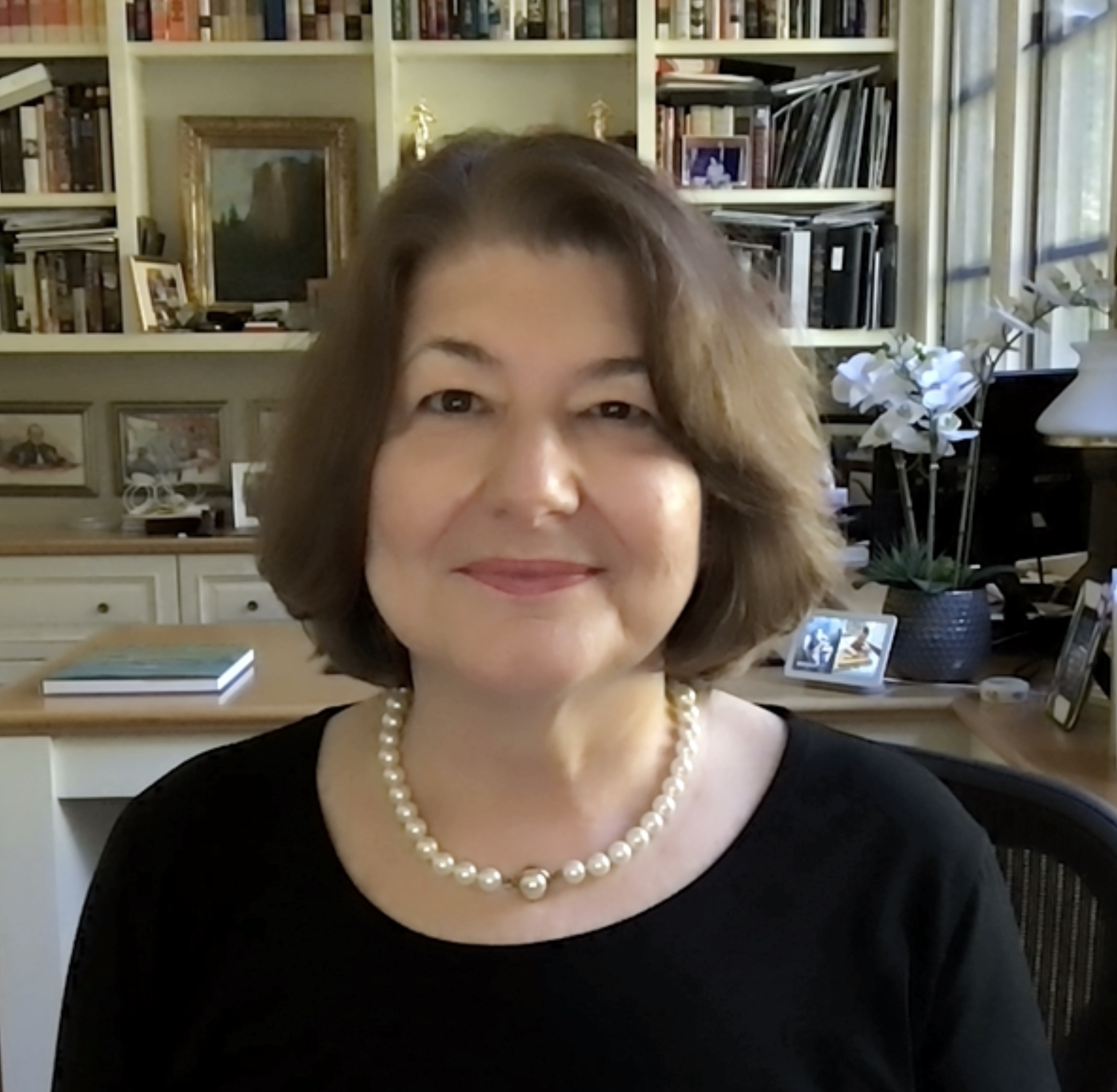
Do what brings you joy! Choose joy! Plant what brings you joy! EnJOY your life more! Such exhortations are common in today’s messaging on the benefits of mindfulness and self-actualization.
But what is joy? How do you recognize it? And why is it important?
Marie Kondo, whose brand is known as KonMari, is a Japanese “tidying consultant” whose books and Netflix series have inspired millions of followers. Konmari’s life philosophy is centered around joy: keep only those things and relationships that “spark joy”; prioritize joy in all areas of your life; if it doesn’t “spark joy”, then let it go with gratitude for its service and for what it taught you. Keeping this philosophy of joy at the center of everything you do will help you focus on what you value and will bring more happiness to your life. The KonMari method of tidying your clothes, things, relationships, and life is the hip way to practice mindfulness and achieve self-actualization.
As hip and novel as the Konmari method may be, joyfulness and gratitude have long been recognized by Jewish tradition as important. Sukkot is known as the festival or season of our joy. We are enjoined to make a sukkah, a temporary shelter and to leave our homes as a statement of gratitude for everything that comes from God and we are commanded to be joyous on this holiday. Sukkot is the ultimate holiday of mindfulness when we leave the secure for the temporary, the material for the experiential, and focus on our friends and family and the meaning of gratitude.
At Sukkot, we strip away the permanent, the distracting, and excessive, and construct a booth with open walls and open doors to welcome our family and friends. The roof is covered with branches and leaves that both give us shade and yet allow us to see the stars at night. We decorate it with symbols of the bounty of the harvest.
The sukkah, a rustic, fragile, temporary, and decorated dwelling, is a far cry from the Zen beauty and minimalism of KonMari’s tidied up spaces in our permanent homes. Yet both in very different ways allow us to experience joy and focus on what is of value.
Joy is defined by the dictionary as a feeling of great pleasure, happiness, or delight. Konmari further clarifies that the feeling of joy should be “accompanied by a little thrill”. As we approach the end of Sukkot, let us carry the teachings of this festival into the new year, holding onto, searching for, and being open to the little thrill that signals that we are in the presence of joy. And let us remember to feel gratitude for what we learn along the way.
Julia Weinstein is WRJ Vice President of Programs and Education and a past president of University Synagogue Sisterhood in Los Angeles, CA.
Related Posts

Parashat Yom Rishon shel Rosh HaShanah

Cultivating a Culture of Accountability and Belonging


